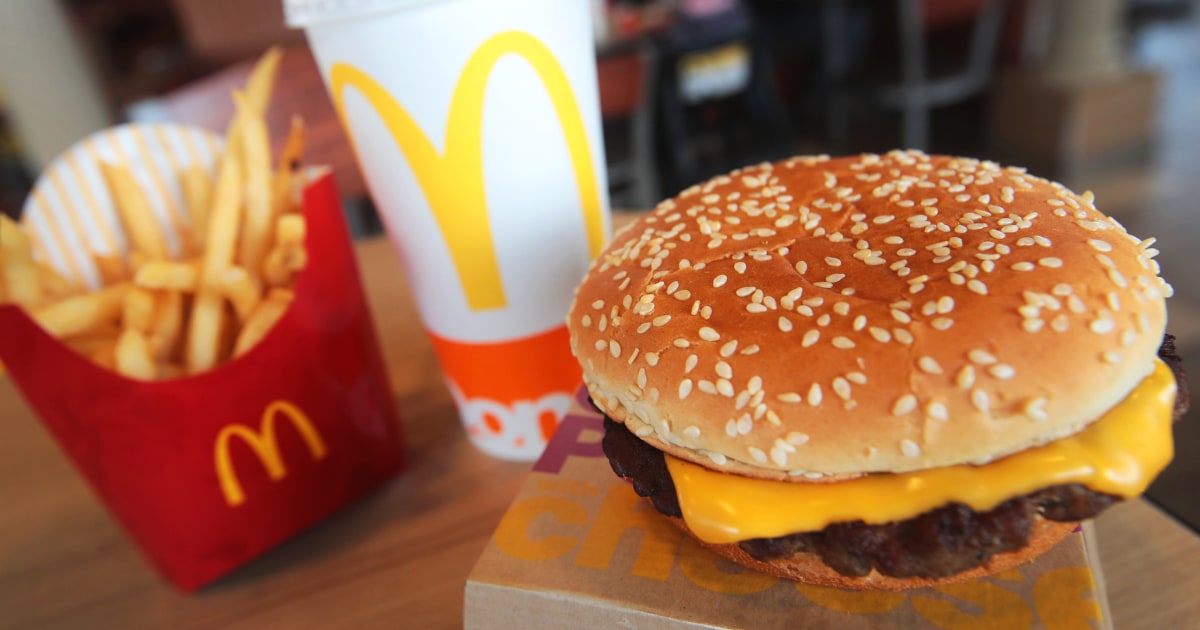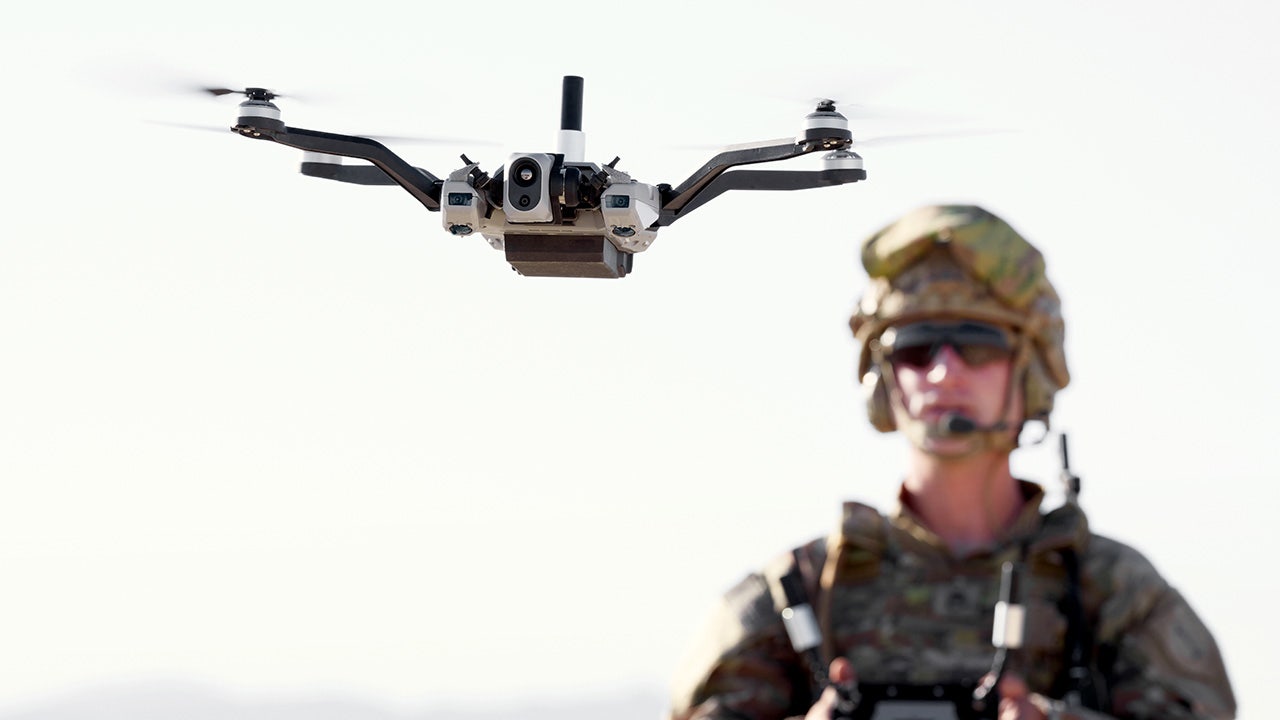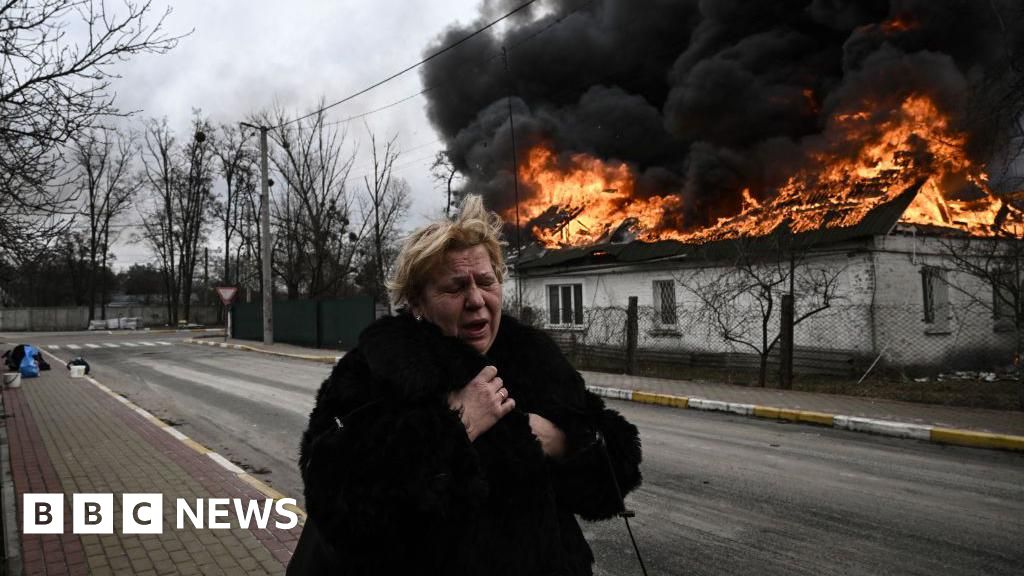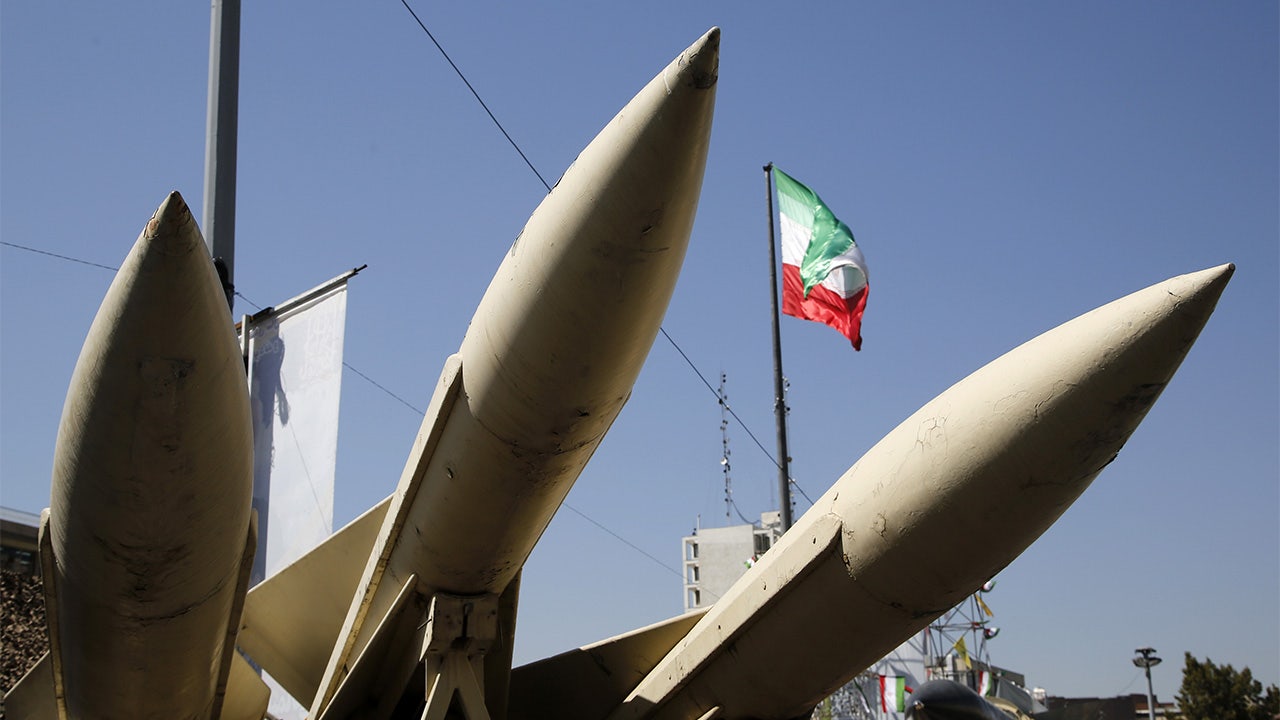World
McDonald’s to ‘restore confidence’ after E. coli outbreak linked to Quarter Pounders, president says

The president of McDonald’s USA said Wednesday that the company can “restore confidence” as it seeks to minimize the damage from an E. coli outbreak linked to the chain’s Quarter Pounders in multiple states.
“We are very confident that you can go to McDonald’s and enjoy our classics. We took swift action yesterday to remove the Quarter Pounder from our menu. This was swift and decisive action by us,” Joe Erlinger, president of McDonald’s USA, told NBC’s “TODAY” show.
He said the company is working with the Centers for Disease Control and Prevention, but declined to say whether the company believed contaminated foodstuffs were still being used by other businesses in affected areas.
Asked whether the outbreak would hurt the company and damage its reputation long-term, Erlinger said: “You know, our founder famously said, ‘If you take care of our customers, the business will take care of itself.’
“And so on a day like today given the news we’ve had over the last 24 hours, that’s really our focus. We’re confident that, that we’ll see our way through this and we’ll restore confidence for the American consumer to come to McDonald’s,” he continued.
In the outbreak, at least 49 people in 10 states have gotten sick and one older adult in Colorado has died, according to the CDC. Ten people have been hospitalized, including a child who developed a kidney disease called hemolytic uremic syndrome.
It’s still not known which ingredient is making people sick, though both slivered onions and quarter-pound beef patties — both used in recipe — are being looked at. Quarter pounders have been pulled from restaurants in affected states.
McDonald’s said Tuesday its initial findings from an investigation point that “a subset of illnesses may be linked to slivered onions used in the Quarter Pounder and sourced by a single supplier that serves three distribution centers.”
The CDC opened an investigation on Oct. 15 after the first case of the outbreak occurred on Sept. 27, and Colorado health officials alerted the CDC to an uptick in E. coli cases on Oct. 10.
When asked of the numbers sickened is expected to rise, Erlinger said given that the onset dates, “if there has been a contaminated product within our supply chain, it’s very likely worked itself through that supply chain already.”
He said the company will “take in more data” from the CDC as the investigation unfolds, and “let the science continue to lead our actions.”
Officials say it’s possible more illnesses may be reported, as it takes three to four weeks to determine if a sick person is part of an outbreak. Symptoms of E. coli infection include high fever over 102 degrees, severe stomach cramps, diarrhea and vomiting.
Most of the cases have been reported in Colorado, with 26, while Nebraska reported nine. Other cases were reported in Iowa, Kansas, Missouri, Montana, Oregon, Utah, Wisconsin and Wyoming.
McDonald’s has largely weathered the pandemic-era surge in ingredients prices and labor costs that has affected the entire restaurant industry.
However, a growing subset of customers were increasingly turned off by what they perceived as the loss of McDonald’s traditional value proposition.
To counter those perceptions, McDonald’s announced this summer it had begun offering $5 “Meal Deals” alongside another set of deals available through its mobile app. In September, the company announced it was extending the $5 Meal Deal offering at least through the end of the year.
That seemed to do the trick: After hitting a nearly two-year low in July, McDonald’s share price has surged nearly 25% since August.
But Tuesday’s outbreak announcement is already cutting into those gains. In pre-market trading Wednesday, McDonald’s shares were down about 7%. In a note to clients following the outbreak announcement, an analyst at Guggenheim Partners financial group said it had downgraded its rating of the McDonald’s shares as it awaits “more clarity on the trajectory of the food safety issues.”










